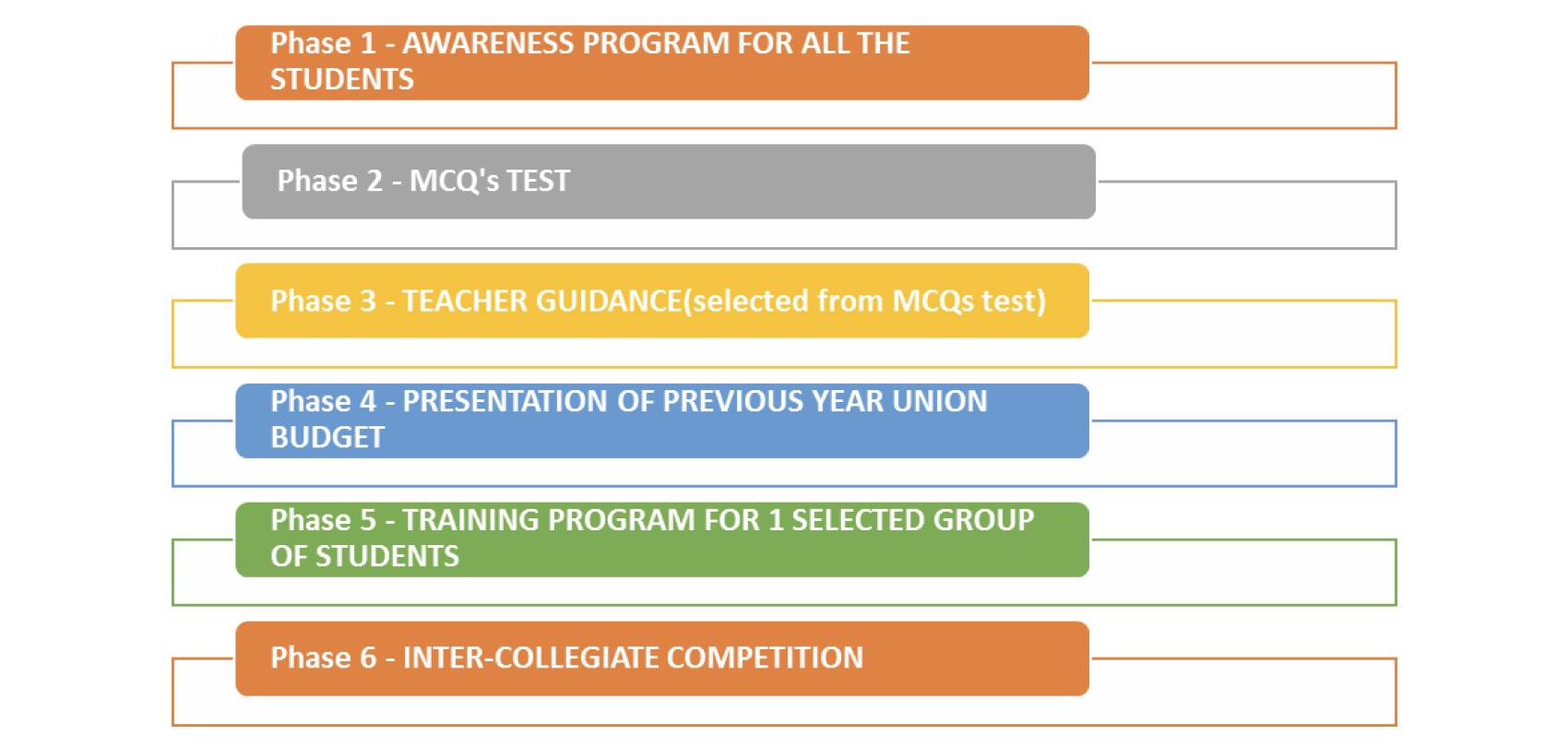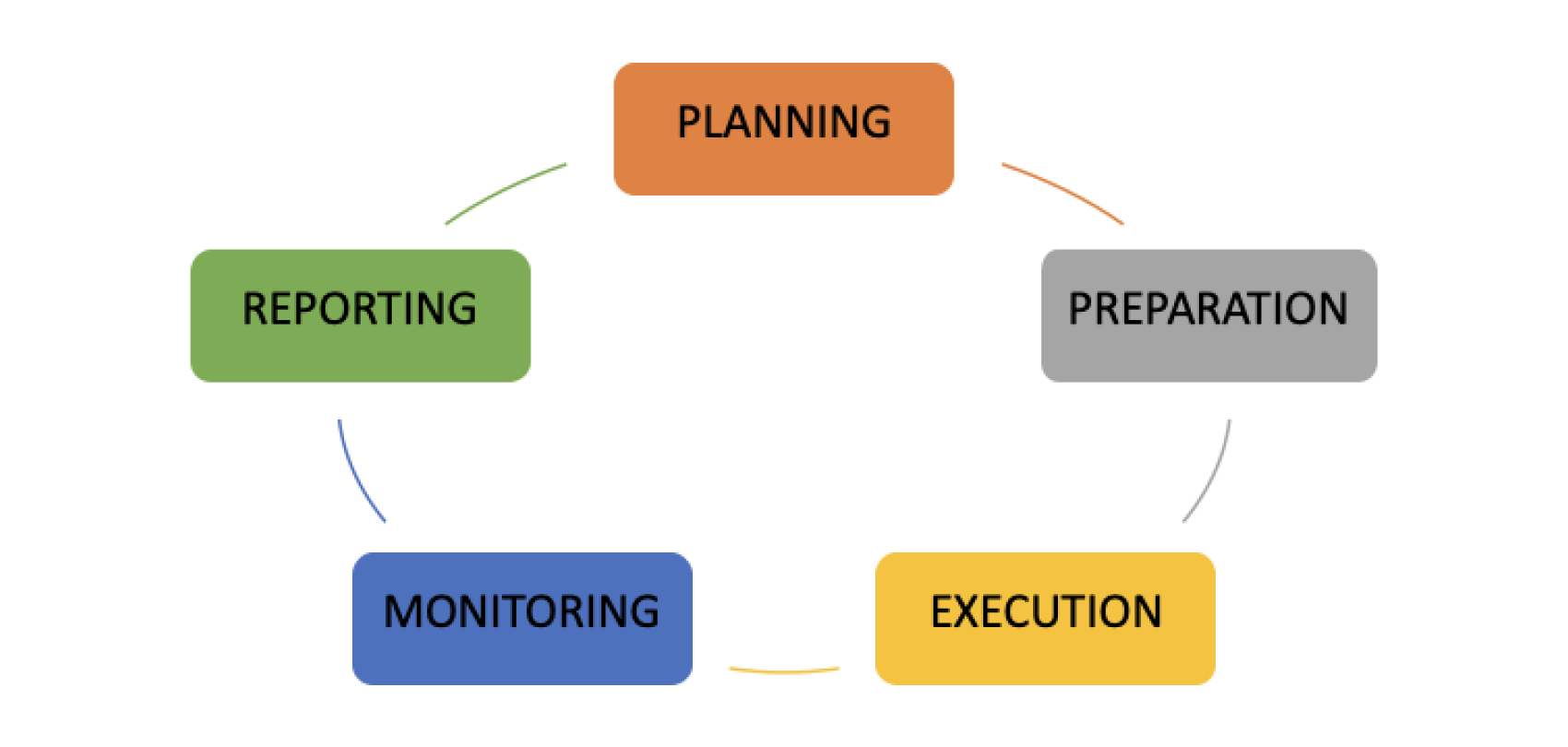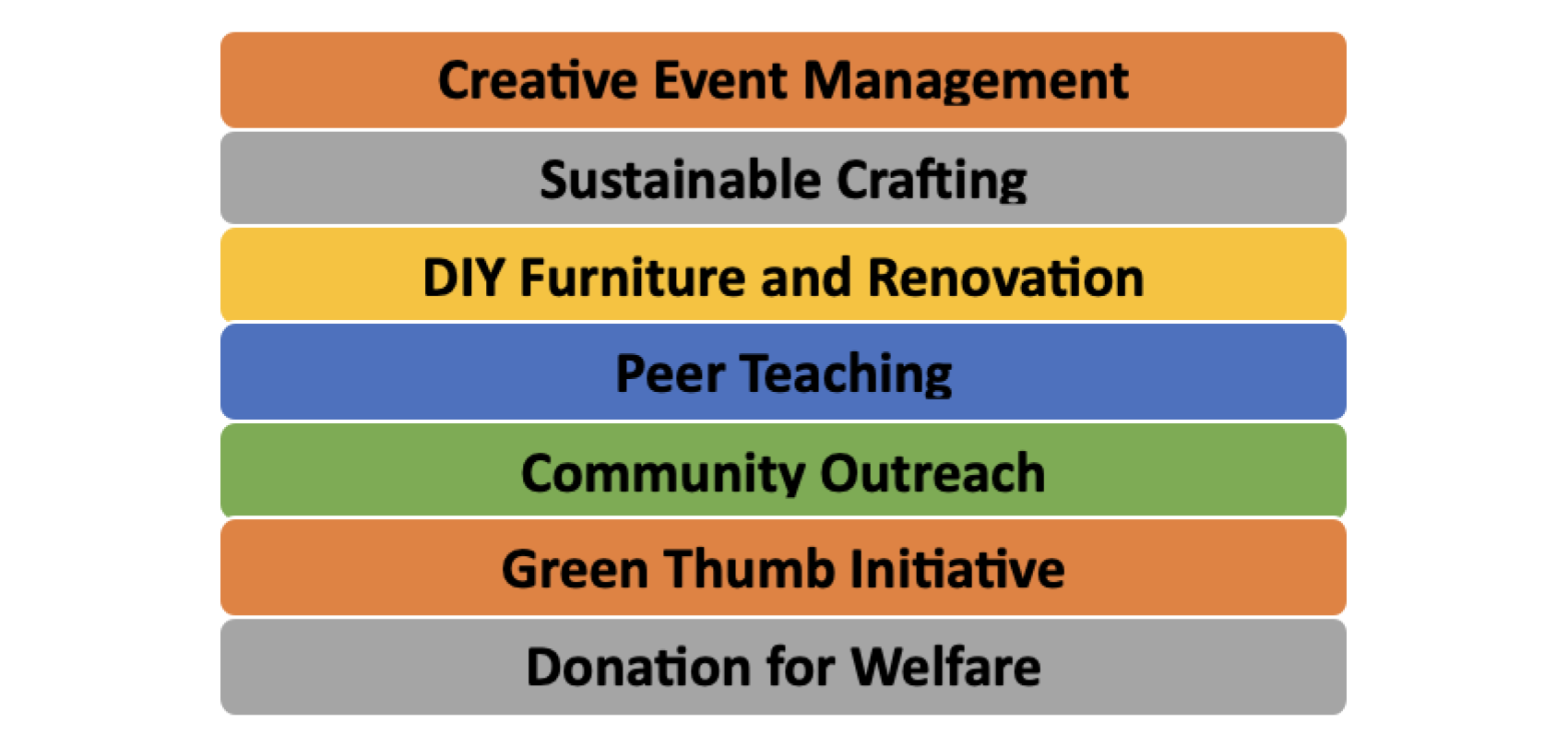Best Practice - 1
TITLE: Mock Budget: Awareness and Understanding National Budget
Mock Budget: Awareness and Understanding National Budget, this Project initiative was launched and started in the year 2016 by our Respected Principal Late. Dr. ANTONY LAWRENCE in the Institute for the students.
AIM
The primary aim of a mock budget is to serve as a practical tool for financial education and planning. It allows individuals, businesses, or students to simulate the financial decision-making process in a controlled environment. By creating a hypothetical budget, participants can understand the implications of their financial choices, identify potential areas of overspending, and explore strategies for saving and investing.
Objectives of the Practice:
- Financial Literacy: To enhance students' understanding of budgeting, financial planning, and resource allocation.
- Practical Experience: To provide hands-on experience in creating and managing a budget, simulating real-world financial responsibilities.
- Resource Management: To teach effective resource management, ensuring funds are allocated efficiently to meet various needs and priorities.
- Strategic Planning: To encourage strategic planning and forward-thinking, preparing students to anticipate future financial challenges and opportunities.
- Collaboration and Teamwork: To foster collaboration and teamwork, as students work together to develop and present their budget proposals.
- Presentation Skills: To improve communication and presentation skills, as students will need to articulate their budget plans and defend their decisions.
THE CONTEXT:
Designing and implementing a mock budget involves addressing several contextual features and challenges to ensure its effectiveness. One key issue is aligning the budget with realistic financial scenarios that reflect the participants' potential future experiences, whether in personal finance, business, or public administration.



